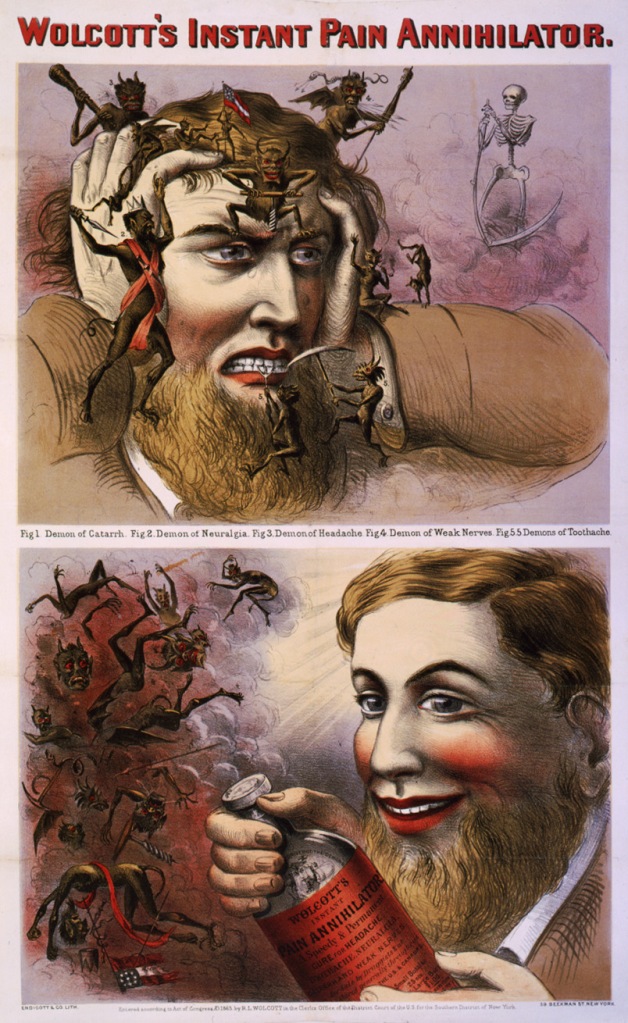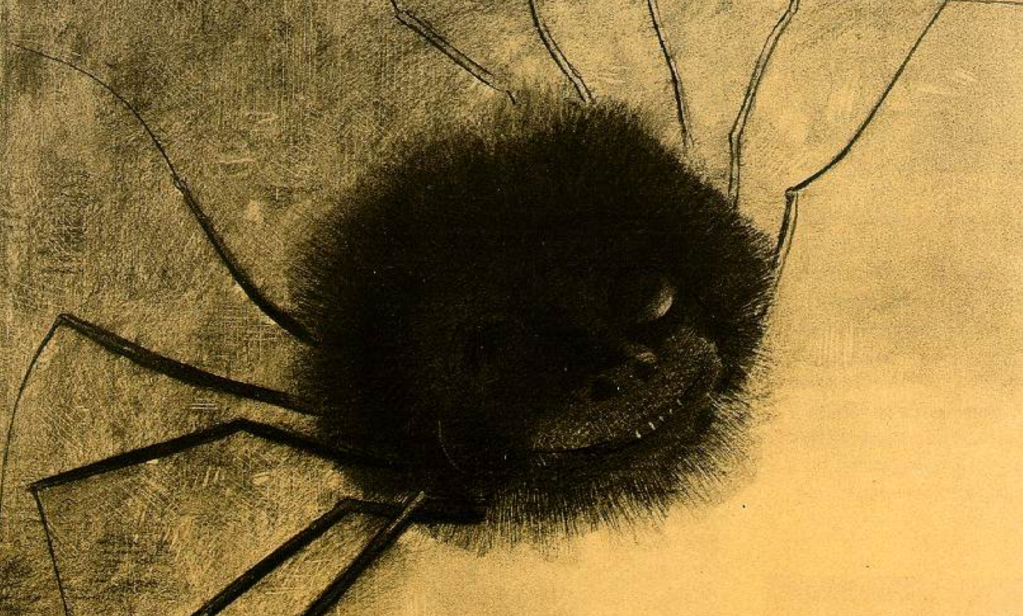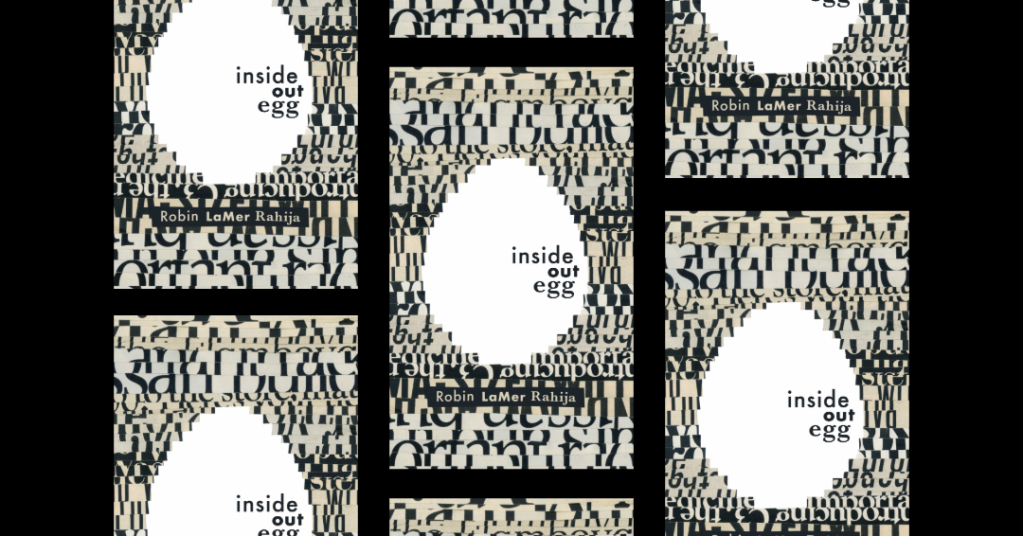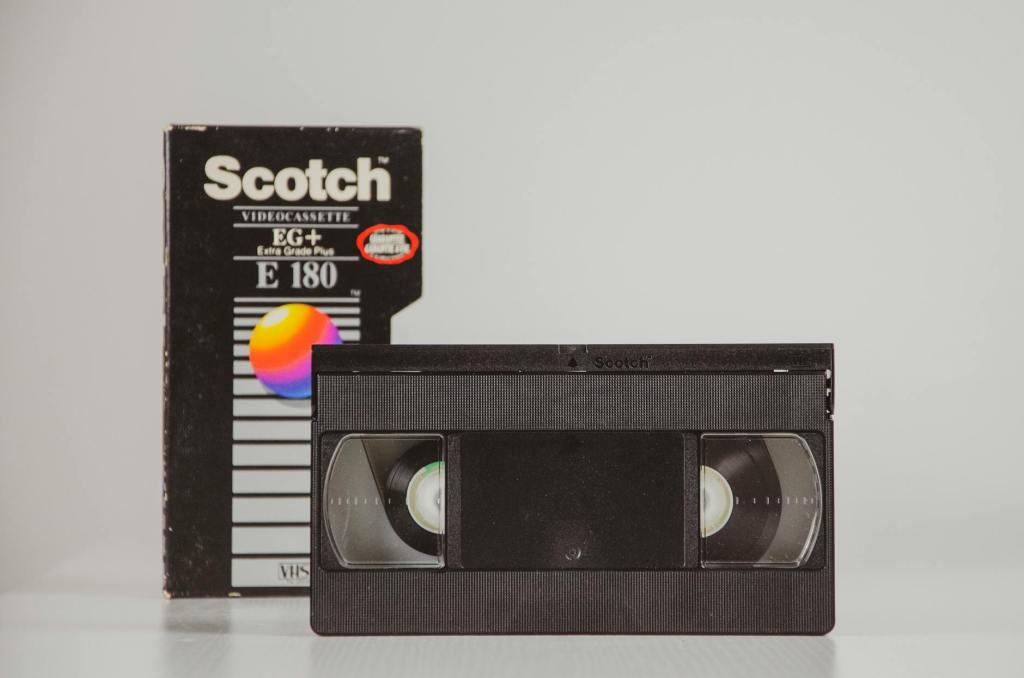435 words | 3 minute read
In our brief time orbiting in the Milky Way, we will hear “no” more often than we will ever hear “yes”. But this may not be as devastating as we might think.
I recently heard a lecture by Dr. Tal Ben-Shahar, a happiness expert with Harvard laurels, who developed the concept of Post-Traumatic Growth, or PTG; the idea that we can grow stronger from trauma, like a broken bone.
But everyday failures? Can PTG be applied to those as well? I’ll give you every human’s favorite word: yes. Dr. Ben-Shahar tells us “rejection is part of life, and an inevitable part of a successful life.”
At first, these concepts seem at odds with each other. Failure is at the heart of success? Success is achieved in failure? Please, you say. It hurts to hear NO. It hurts to get rejection letters, to lose a dream job, or be denied a love you thought was forever. You just want the pain to stop.

But we have to keep trying, even when it hurts. Why, Dr. Shahar?
First, he says, it’s the only way to succeed. The most creative, successful people in history share the quality of being the ones who fail the most times. They experiment, write, make, and do exponentially more than others. Go research your favorite creator, comedian, scientist, and I’m sure you’ll find their path was anything but certain.
Second, when we stop trying, we lose energy. This is a Newtonian way to think of success: an object at rest stays at rest, an object in motion stays in motion (unless acted on by an unbalanced force; looking at you, rejection letters). Dr. Shahar says it’s not the doing that weakens and destroys our hope. When we try—even when we fail—we encourage ourselves. The act of doing is critically important. The act of doing keeps us moving, sets us back in motion.

Finally, writing about failure is incredibly beneficial. In a study of people recently fired from their jobs, a group that journaled about their loss fared substantially better than the control group that did not. The ones who journaled, even a few times, were more likely to have gotten new jobs than the ones who hadn’t.
I know, you say, I’ve heard this all before. But on the days when the clouds are black and rejections won’t stop falling on your head, I want you to remember this post and take heart. Write down your feelings, your failures, and your hopes. Protect your dream until you find your golden yes. Remember—it only takes one.
☼
Featured image: Target by Jasper Johns.
Watch the video that inspired this post:







Leave a comment